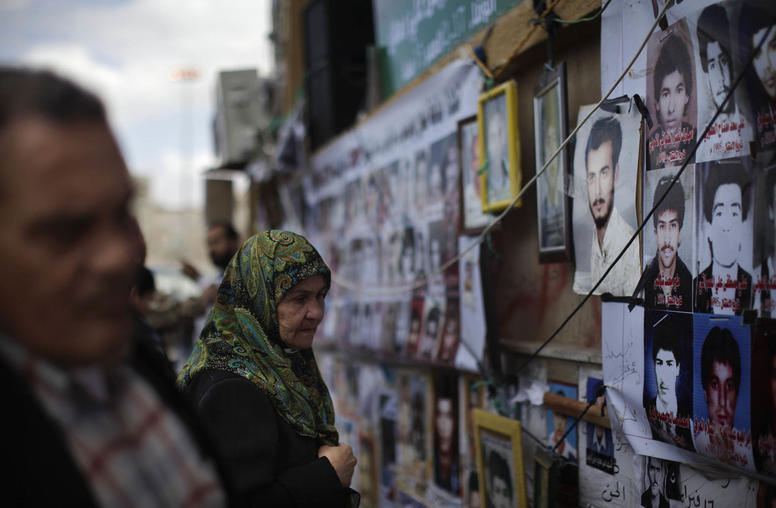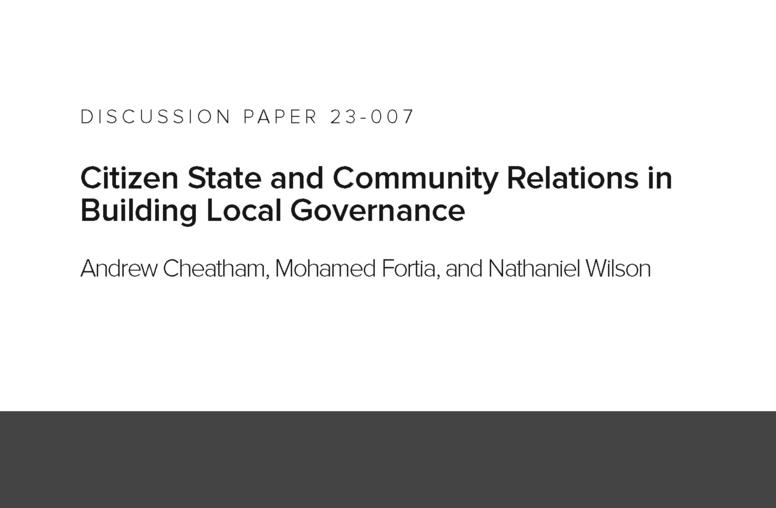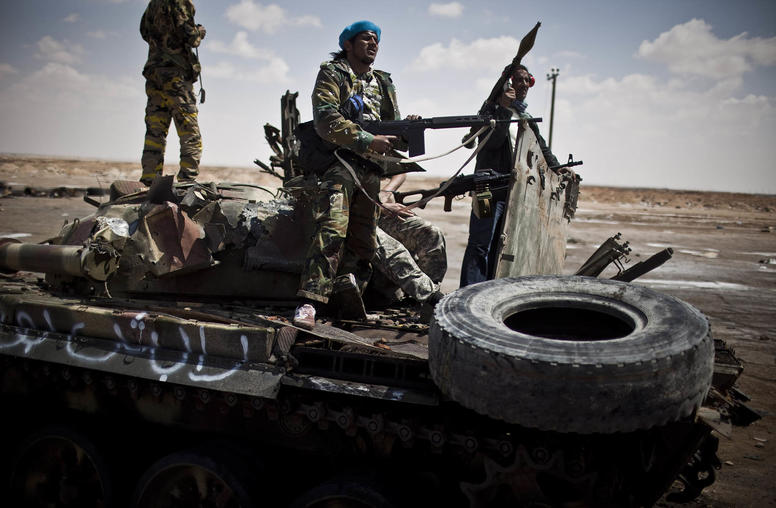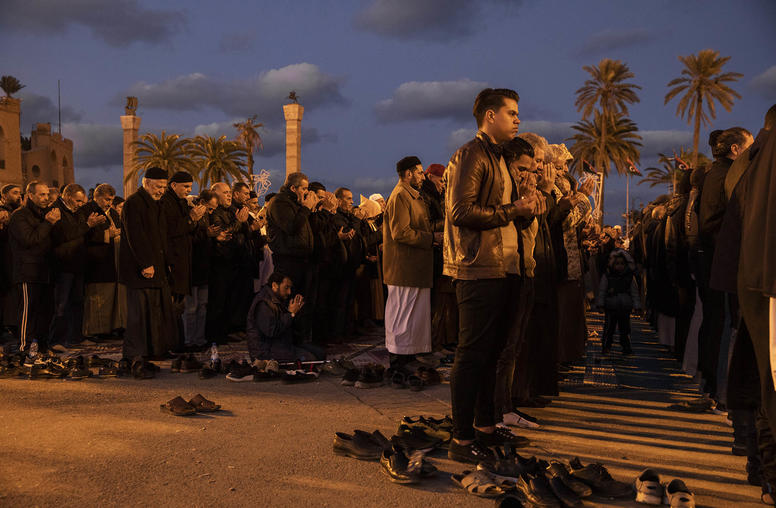Year in Review: Reconciliation in a Transformed Libya
Manal Omar, director of Iraq, Iran, and North Africa Programs, discusses efforts to promote reconciliation and governance in a Libya emerging from years of dictatorship.
December 28, 2012
Manal Omar, director of Iraq, Iran, and North Africa Programs, discusses efforts to promote reconciliation and governance in a Libya emerging from years of dictatorship.
- Reconciliation: As cities across Libya joined the revolution to overthrow Moammar Qaddafi, Omar and others from USIP began working with rebel groups as they planned for a post-Qaddafi future. “One of the crucial elements was bringing up the issue of national reconciliation,” Omar says. “We were able to talk about the truth and reconciliation process that happened in other countries as early as August 2011. Only a few weeks later, Qaddafi fell, and people were able to see the relevance of the discussion that took place.” USIP would continue to support Libya’s transitional government and civil society organizations throughout 2012.
- Conflict resolution and constitution-making: During USIP’s ongoing work in Libya, it became clear that one of the country’s main needs was training facilitators in conflict resolution, negotiation, and facilitation skills. This training “was not only needed in terms of resolving conflict, but in terms of being able to identify issues beforehand, so that there would be an ability to prevent conflict before it arises,” Omar says. At the same time, USIP has also advised on two of the biggest issues facing Libya: the constitution-making process and the implementation of the rule of law across the country through increased access to justice and security.
Explore Further
- Libya Will Not be Another Iraq
- In Libya, Success May Be the Best Revenge
- USIP Aids Libyan Post-Qaddafi Transition
- More of 2012 in Review



